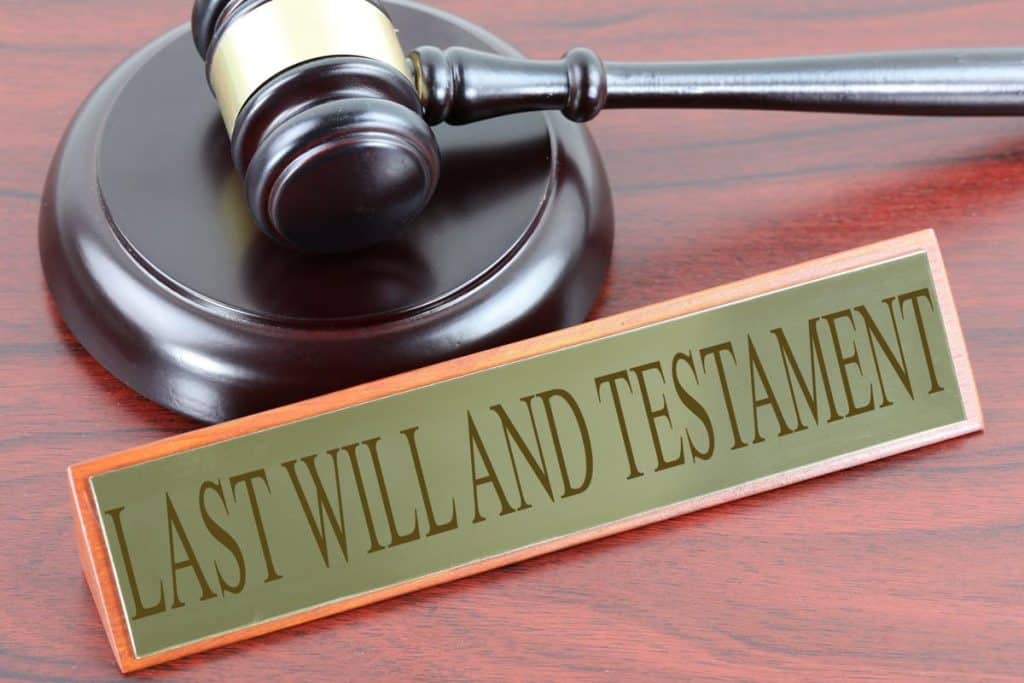An executor is a person or persons who are named in a Will as having the responsibility of carrying out the Will-maker’s wishes.
While some people name a solicitor or specialist trustee company as their executors, it is also common to appoint a family member or trusted friend.
If no executor is named in the Will or if the person has died without a Will, the court will appoint an administrator. Usually this is the beneficiary who will receive the largest portion of the estate. An administrator has similar responsibilities to an executor.
The executor or administrator (sometimes referred to as legal personal representatives) can be liable for errors in administering a deceased estate. Therefore, it is important to get advice early in the process to protect yourself.
If you are the executor or administrator of a will, what responsibility do you have?
You may have to:
- Arrange the funeral. Many Wills will contain the deceased’s wishes about their funeral. Otherwise, you will need to consult with the family if you are not the next of kin. Funeral expenses are a debt to the estate.
- Establish what assets the deceased person owned and safeguard them. This includes taking steps to protect the assets. Advise any banks that the person is deceased so that accounts can be locked and credit cards cancelled. Secure any valuables like jewelry or cars against theft and make sure that the house is locked and that there is adequate insurance is in place.
- Itemise the assets and their value. You may need to arrange for valuations of some items, especially property.
- Claim against any life insurance policies.
- Find out if there are any debts owing. These will need to be paid from the estate, which might require you to sell assets if there isn’t enough cash to cover the debts.
- Apply for a grant of probate. This is a court order that allows you to deal with and distribute the estate. Unless the estate is small and does not involve any real estate, you will need this before you can proceed.
- Once probate is granted, you can administer the estate according to the Will. This might involve selling shares, real estate and other assets to create a pool of money to be distributed. However, sometimes beneficiaries want the actual asset given to them as part of their share. This requires you to confirm the value of those assets and make arrangements accordingly.
- If some of the beneficiaries are minors, or lack capacity, you will need to establish a trust to receive their share.
- Lodge a final tax return (and any returns that are outstanding). This will include calculating capital gains tax on the proceeds of selling the assets. You can’t make a final distribution until this is done.
- If there is a dispute about the will or claim against the estate, seek legal advice.
If you have any questions or require any advice regarding making a will or other estate planning issues, please contact our office on 03 95923356 or by email office@baysidewills.com.au.




